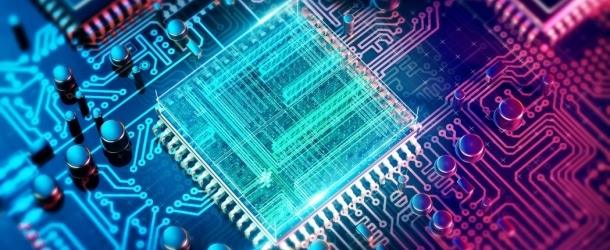Advantages of Silicon-Based Quantum Processors

(PhysicsWorld) Given that today’s most advanced quantum processors contain a few dozen qubits at best, implementing surface-code protocols in future machines will be challenging, to say the least. This article discusses silicon-based processors as a means to overcome the challenges that quantum processors pose.
One of biggest attraction of silicon-based quantum processors is that at their heart, they use the same technology that the microchip industry has handled for the past 60 years. This means manufacturers can expect to benefit from previous multibillion-dollar infrastructure investments, keeping production costs low. Just as importantly, using silicon as a basis for a quantum computer means that all the clever engineering and processing that went into developing modern classical microelectronics – from dense device packaging to integrated interconnect routing – can be adapted and used to build quantum devices.
The vision for this two-layer device is clear: a quantum computer that can be manufactured using existing industrial processes, and then integrated with conventional electronics so that everything happens within the same silicon chip. Such a device would truly represent the best of both worlds, and it may also be necessary for solving the so-called input/output (I/O) problem.























